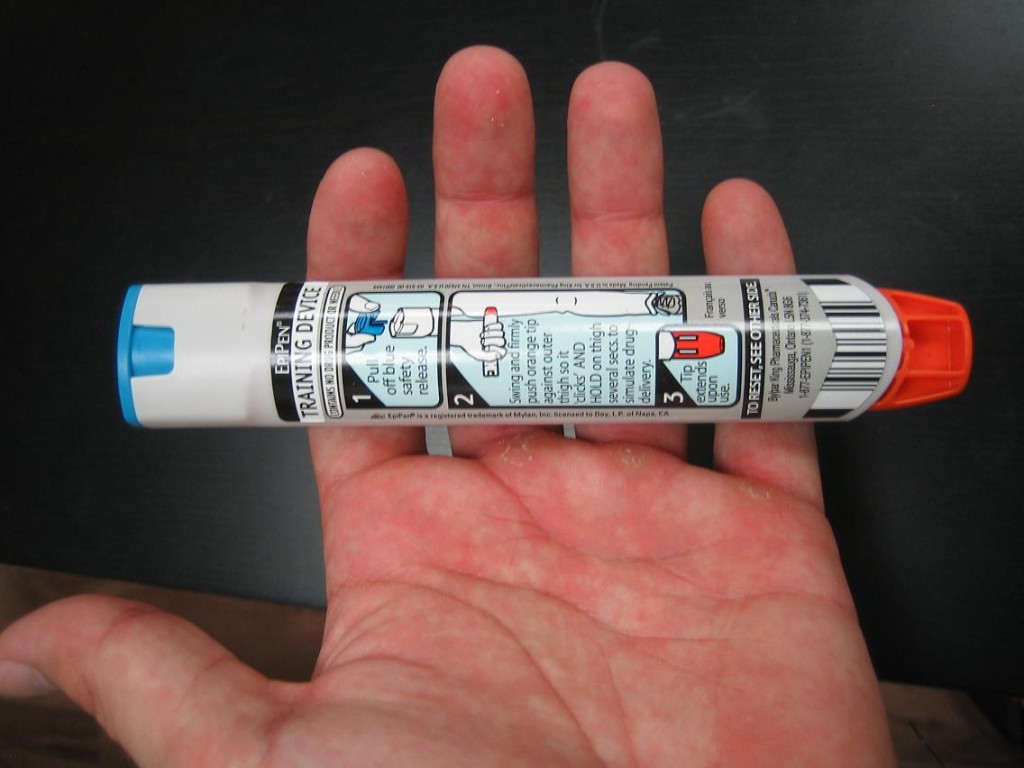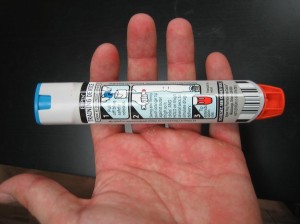The symptoms of white fish allergy can manifest if a highly sensitive individual consumes one. White fish includes white flat or round-shaped fish with fins that thrive close to or near the bottom of lakes or seas which includes:
- Haddock
- Cod
- Halibut
- Hake
- Whiting
- Bass
- Catfish
- Flounder
- Perch
- Pollock
It is important to seek medical care as soon as possible if the individual develops difficulty breathing since this indicates a severe reaction.
What happens during an immune response to white fish?
The common triggers for white fish allergy include tilapia, cod, hake, haddock, catfish and pollock.
A reaction occurs via an immunoglobulin E-mediated response. The immune system perceives parvalbumin which is a protein in fish as a threat. This results to the production of IgE antibodies that destroy these proteins. In addition, histamine is also released which triggers the reactions.
What are the indications of white fish allergy?
The indications of white fish allergy usually manifest in just a few minutes up to an hour after exposure to the allergens such as the following:
- Swelling
- Itchiness
- Reddening of the lips, mouth, face and throat
- Swelling and reddened skin
- Hives
As for the digestive tract and respiratory tract, the symptoms include:
- Abdominal pain
- Diarrhea
- Nausea and vomiting
- Wheezing
For those who have severe allergic reactions in the past, the doctor might recommend an autoinjector epinephrine that must be on hand always. - Chest tightness
- Difficulty breathing
In severe cases, the individual might progress to anaphylaxis which triggers symptoms such as:
- Dizziness
- Nausea
- Lightheadedness
- Heart palpitations
- Low blood pressure
- Loss of consciousness
If any of these symptoms of a severe reaction are present, it is vital to seek immediate medical attention.
Management
The ideal way to prevent the symptoms of white fish allergy is avoidance of whitefish and other fish-derived products. Remember to carefully read the labels on all foods to make sure that whitefish is not present.
Avoid eating in seafood restaurants due to the high risk for cross-contamination of food. The foods that must be avoided include the following:
- Paella
- Worcestershire sauce
- Oyster sauce
- Sushi
- Fish sauce
- Gumbo
- Caponata
- Caesar salad dressing
For those who have severe allergic reactions in the past, the doctor might recommend an autoinjector epinephrine that must be on hand always.


